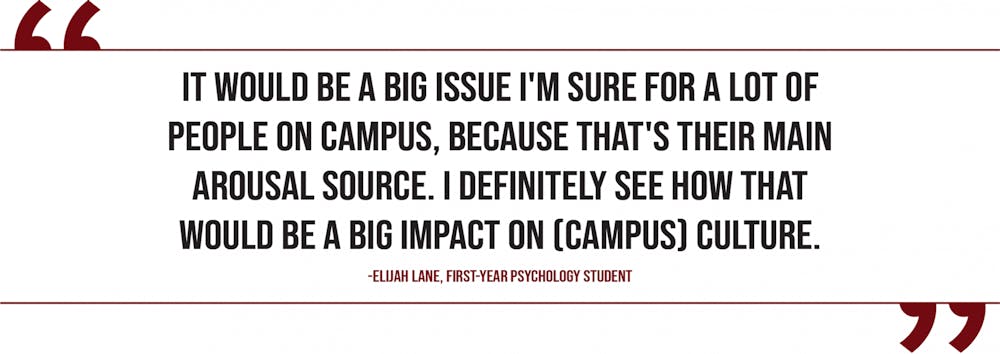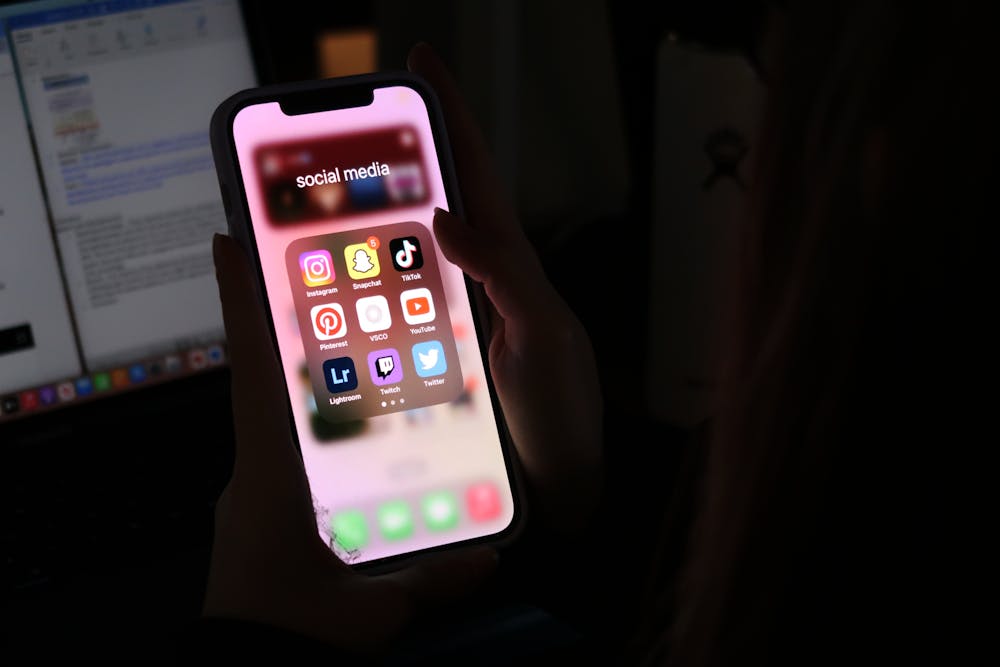A South Carolina Statehouse bill intends to ban TikTok access on all government devices through the Department of Administration, but USC said the bill won't affect student's access on campus.
On Dec. 5, 2022, Gov. Henry McMaster moved to ban TikTok access for those within the state's department of administration on only government-issued devices The house filed the comprehensive ban before the 2023 session, claiming that TikTok presents a cybersecurity threat. The state government's move to ban TikTok access on state university campuses would follow a trend precedented by Texas.
“Protecting our State’s critical cyber infrastructure from foreign and domestic threats is key to ensuring the health, safety, and well-being of our citizens and businesses,” McMaster said in his letter to Marcia Adams, the executive director for South Carolina's Department of Administration.
The social media app is disconcerting to IT professionals and even the FBI for it's large user base and ownership by ByteDance, a Chinese internet company, according to Max Sewesky, organizational change management director in USC's division of IT.
Politicians aren't alone in their speculation of TikTok's ownership in China.
“I think in terms of the international community, TikTok finds itself in a unique situation where it’s more known by an authoritarian state that is willing to engage in citizen surveillance in a heavy way,” Joshua Meyer-Gutbrod, an instructor at USC's department of political science, said.
Other public universities, such as Auburn and Texas A&M, announced their recent ban on TikTok from university Wi-Fi after orders from their state governments that, unlike South Carolina's bill, specified a ban on networks in addition to government devices.
“Consistent with these policies, executive branch agencies should immediately take all necessary steps to prevent TikTok from accessing sensitive state data,” Alabama Gov. Kay Ivey said in a memorandum to all state agency heads on Dec. 12, 2022.
Auburn University complied with Ivey, banning TikTok from campus Wi-Fi in January 2023. While Auburn University occupants are not able to use TikTok on university Wi-Fi, they can still access the app using personal data.
While TikTok is under scrutiny by McMaster, USC has not publicly stated any plans to get rid of its accounts or create a ban on TikTok through campus Wi-Fi, according to university spokesperson Jeff Stensland.
Second-year exercise science student Ryan Giacobello is more concerned that a TikTok ban would infringe on student's free will than potential data security threats.
“People use (TikTok) at their choice,” Giacobello said, “We leave our footprint everywhere.”
A digital footprint refers to the data a user leaves when browsing the internet. The website a user browses or their use of social media like TikTok leaves a data trail that can reveal a lot about a user and lead to cybercriminal phishing.
While students like Giacabello question a ban's implications on freedom, first-year finance student Ava Pascarella is unconcerned about TikTok's potential data security threats.
“It doesn’t keep me up at night,” first-year finance student Ava Pascarella said.
Additionally, TikTok's entertainment value is something that students aren't willing to give up as first-year psychology student Elijah Lane observes.
“It would be a big issue I'm sure for a lot of people on campus, because that's their main arousal source," Lane said. "I definitely see how that would be a big impact on (campus) culture."

Despite the recent rise in TikTok bans across the nation's universities, USC still has its own account that it actively post on.
A state-issued ban that would affect USC is unlikely, but scrutiny of the app is popular, as the bill has bipartisan support with 49 sponsors. The ban would only affect state-issued devices which USC does not use to work on TikTok accounts.

